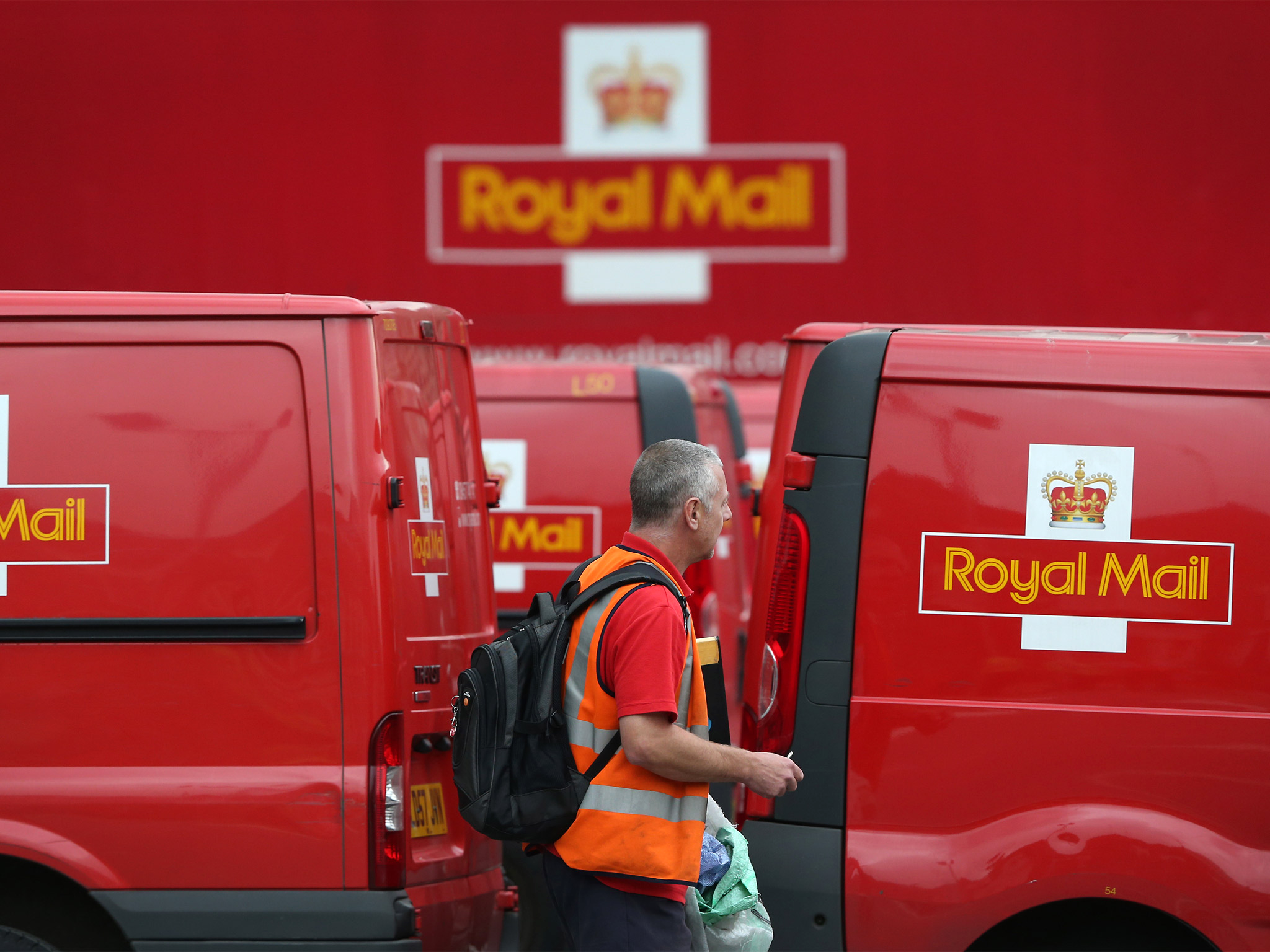Vince Cable defends Royal Mail float price before MPs after profits double
Business Secretary considered raising the initial price from 330p a share by 20p - approximately £200 million

Your support helps us to tell the story
From reproductive rights to climate change to Big Tech, The Independent is on the ground when the story is developing. Whether it's investigating the financials of Elon Musk's pro-Trump PAC or producing our latest documentary, 'The A Word', which shines a light on the American women fighting for reproductive rights, we know how important it is to parse out the facts from the messaging.
At such a critical moment in US history, we need reporters on the ground. Your donation allows us to keep sending journalists to speak to both sides of the story.
The Independent is trusted by Americans across the entire political spectrum. And unlike many other quality news outlets, we choose not to lock Americans out of our reporting and analysis with paywalls. We believe quality journalism should be available to everyone, paid for by those who can afford it.
Your support makes all the difference.Vince Cable has denied claims that taxpayers lost hundreds of millions of pounds when the Royal Mail’s share price surged after it was sold off last month.
The Business Secretary survived a grilling by MPs on the day that Royal Mail announced that its operating profits almost doubled to £283m for the six months to the end of September 29 from £144m a year earlier. Its first set of results as a listed company were boosted by £95m after a VAT credit and lower-than-expected costs of its shake-up. The spate of gas and electricity price hikes in recent weeks helped its letter business as energy firms send out mailings to millions of customers.
However, Royal Mail’s parcels business was hit by the summer heatwave slowing online purchases, and the company said the threat of strike action had cost it business parcel customers in its key Christmas quarter.
An unrepentant Mr Cable dismissed as “froth” claims by critics that the Royal Mail was undervalued, even though its share price soared from its opening level of 330p within minutes of trading last month and broke through the 500p barrier within a week.
The Liberal Democrat minister told the Business Innovation and Skills Select Committee he "categorically" rejected claims that taxpayers had lost out, insisting it would take time for the share price to settle down. "This has been a very professional, well organised and successful operation," he said.
He insisted there would have been "considerable risks" in setting the initial share price higher, given the Government's intention of attracting long-term investors.
But Adrian Bailey, the committee’s Labour chairman, said it was now clear the Government was given advice that the shares could have opened 20p higher. "What is the point of paying money to get advice, and then ignoring the advice?" asked the chairman, adding that the Government's assessment was "detrimental" to the interests of taxpayers.
Mr Cable said no decision had been made on whether to pay a multimillion-pound performance bonus to banks which advised the Government on the sell-off, adding it could take years before a judgment is made.
William Rucker, chief executive of Lazard, said the bank received a £1.5m fee for advising the Government on the privatisation. Mr Cable added that he asked "very tough questions" of the advisers as the launch approached, asking if things could have been done differently. "We interrogated them very closely about whether they were making the correct call," he said.
Michael Fallon, the Conservative Business minister who oversaw the sell-off, said people would look back on it as a success. "We could not have got a higher price for the 600m shares. That was made clear to us by our advisers,” he said. "It became clear there was a point at which institutional investors would not invest ... and would walk away."
Billy Hayes, general secretary of the Communication Workers Union, said yesterday’s results were based on Royal Mail’s performance when it was still in public ownership. “The rise in profits is further proof that there was no need to privatise this successful company. A profitable, successful and well-loved institution was flogged on the cheap when these latest figures show it was healthy and in good hands. The Government's arguments continue to crumble,” he said.
Join our commenting forum
Join thought-provoking conversations, follow other Independent readers and see their replies
Comments